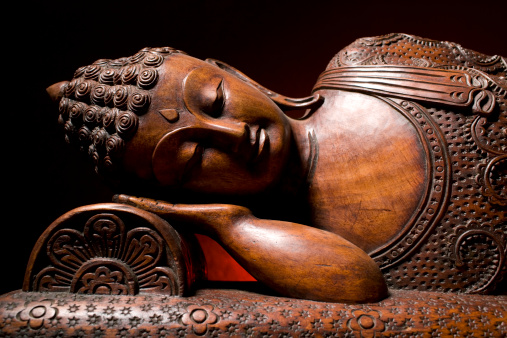Before attaining buddhahood, Vajrasattva made an aspiration: I vow not to attain buddhahood if I cannot enable anyone to chant my name, and supplicate to me for confessing to purify their obscurations. Given Vajrasattva had attained buddhahood, if supplicating to Vajrasattva by chanting the Vajrasattva Mantra or the Hundred-Syllable Mantra of Vajrasattva, one is bound to purify all obscurations.
~Depicted from LUMINOUS WISDOM BOOK SERIES











